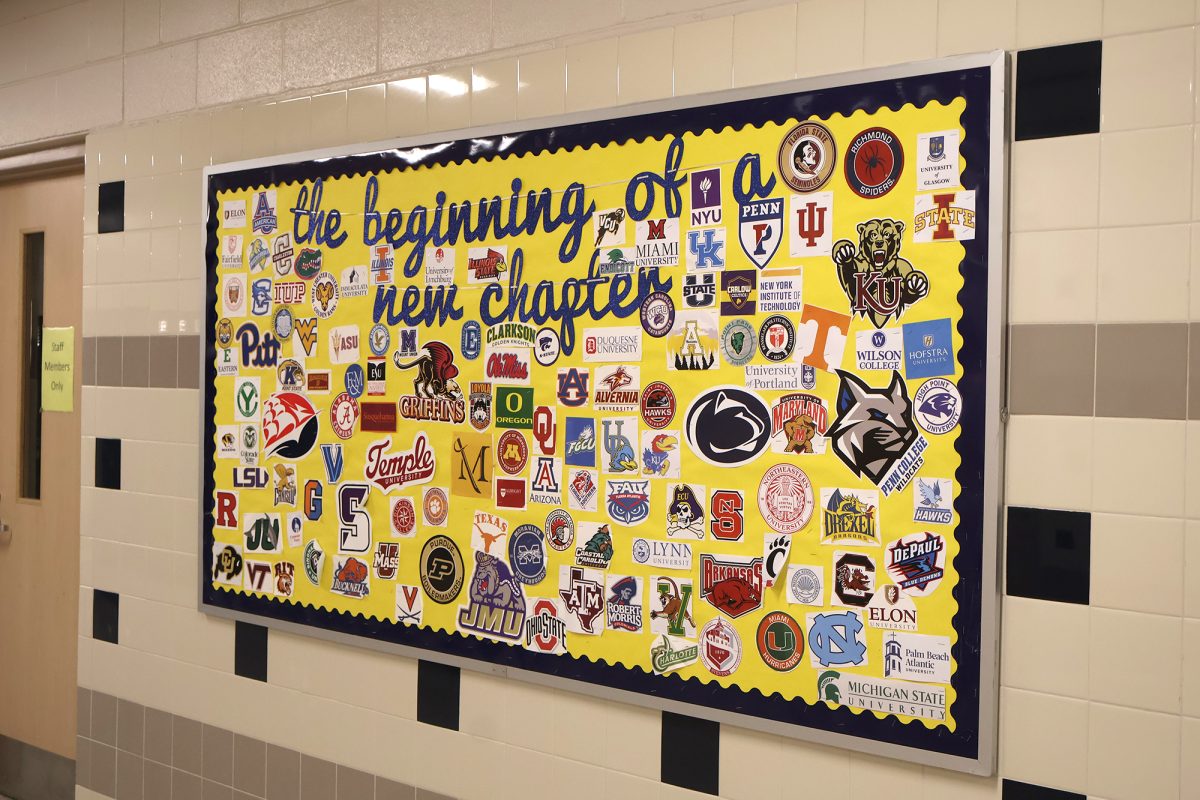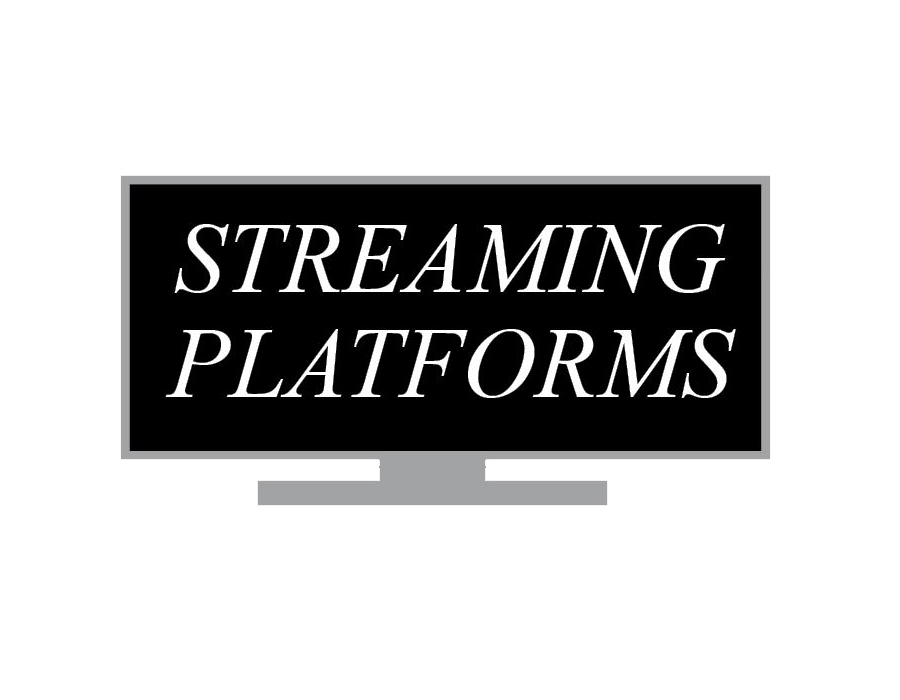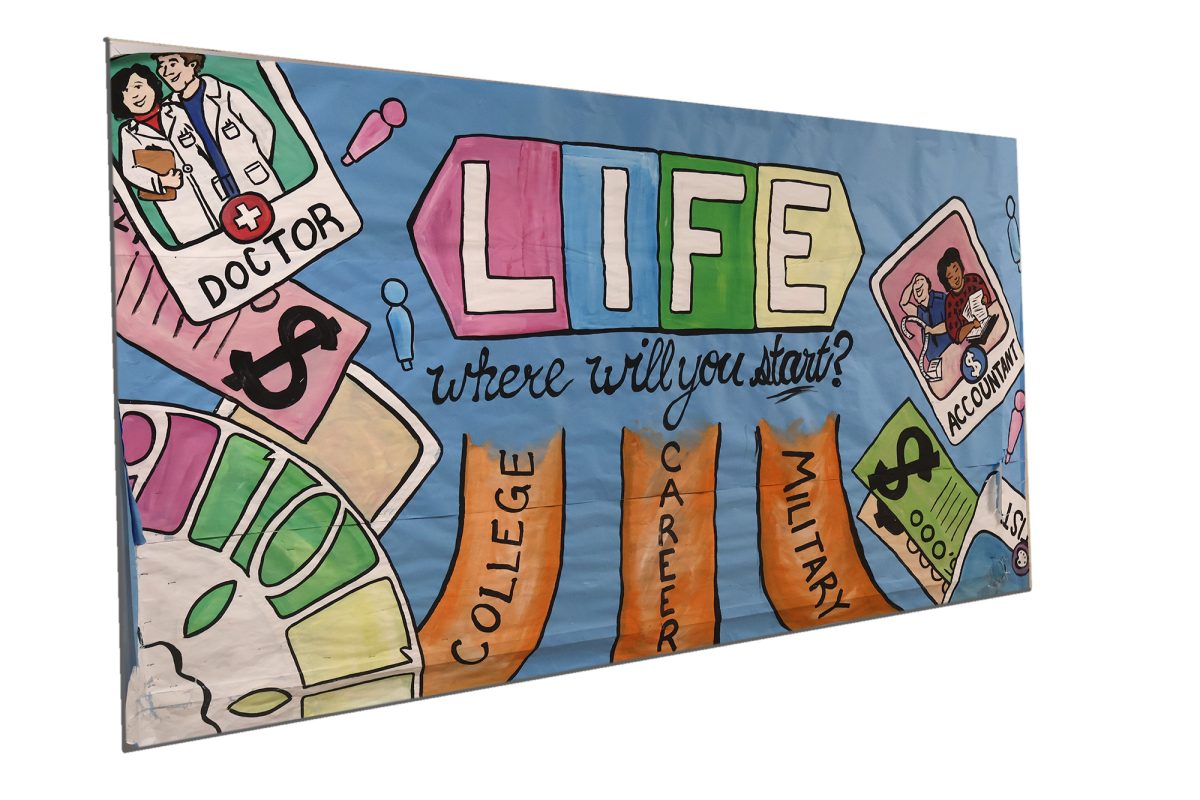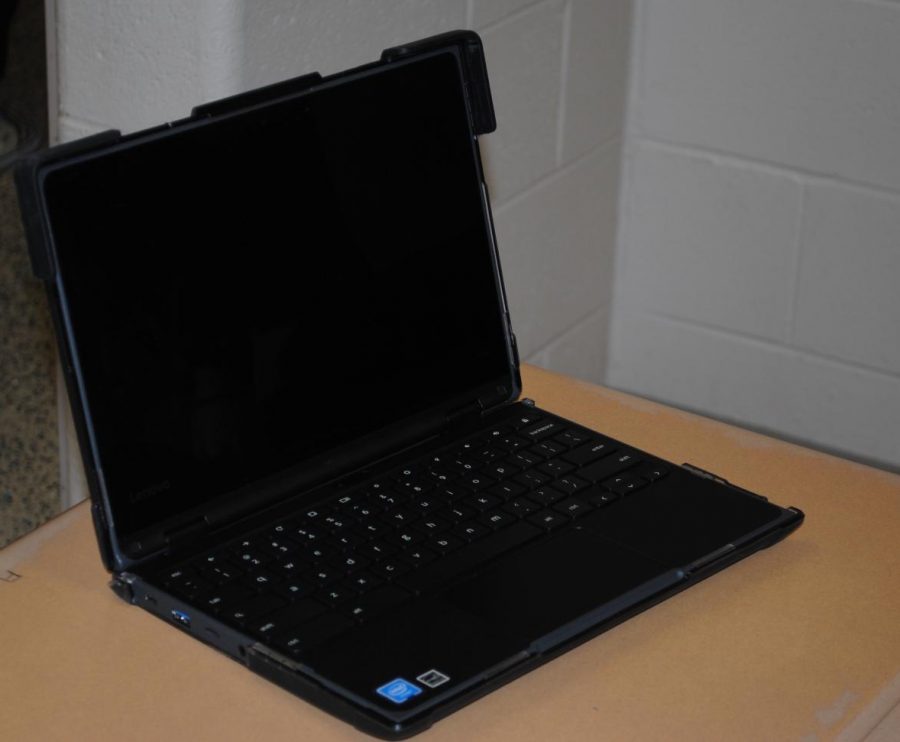If you are active on social media, you may have heard words from the Gen Z lexicon such as “Delulu” or “I let my intrusive thoughts win.”
While these phrases may seem innocuous, they are extremely harmful since both expressions minimize the struggle those with mental illness experience. This needs to change.
Over the past decade, talk of mental illness has thankfully become more common, especially in relation to reducing stigmatization and making mental health struggles more socially acceptable to discuss.
But by using diction regarding these disorders in such a flippant manner for likes on TikTok – without truly knowing what they mean – we run the risk of further alienating suffering people from opening up or seeking help.
For example, people have been describing and joking about intrusive thoughts being an impulsive moment, like the urge to cut or dye one’s hair after a mental breakdown. In reality, intrusive thoughts are debilitating, unwanted, and uncontrollable thoughts related to fears, taboos, and morally reprehensible acts. When people say ‘intrusive’ thoughts on social media, they actually mean ‘impulsive.’ They also mention how delusional they are in relation to crushes, when delusions are actually defined as false beliefs with no ground in reality.
Phrases related to mental illnesses being co-opted for social media are beginning to change the definition of these words, causing mentally ill individuals further stigma.
“I think the public needs to be educated about things like this and know that they’re conflating a bit of harmless fun with a very serious psychiatric disorder,” psychotherapist Jason Ward told Huffpost in a recent article about the subject.
There is also rhetoric that dehumanizes the people living with these disorders that happens alongside co-opting speech related to it. Words with negative connotations such as “lunatic,” “crazy,” and “insane” are also used to describe people with these conditions. While they have been reclaimed into regular adjectives, they still have multiple meanings, and when they are used to exclude mentally ill people, they prevent healthy and educational discussions from happening.
When we use negative words to describe people dealing with mental illnesses we program ourselves to think poorly of people with these illnesses, overlooking them as deserving of help and humanity.
Some will argue that there is little harm in utilizing these words, when mental illnesses relating to psychosis or delusions are not that common in the first place. However, according to a study by The Recovery Village, around 3 in 100 Americans experience at least one psychotic episode in their lives, and the National Alliance on Mental Illness states that around 100,000 young people (ages 15-to-25) experience psychosis each year. And while many may think that mental disorders causing it are uncommon, psychosis is an aspect of bipolar disorder, obsessive compulsive disorder, and schizophrenia, among others.
If words such as “crazy” were able to have their meanings change over time, so could words like “delusional.” But the difference between these words is that “crazy” is an ableist term coined from saneism used to describe a wide and frankly unrelated umbrella of people (especially women not experiencing psychosis), while “delusional” is a medical term describing a phenomenon experienced continuously by mentally ill people. To be delusional is to experience a delusion, while being crazy depends on a specific definition. Notably, the word “crazy” has never helped people or doctors, and the word “delusion” is in The Diagnostic and Statistical Manual of Mental Disorders, Fifth Edition.
Words are powerful. Words shape the way we feel about people and ourselves. Words have the capacity to both help and harm.
If we want to de-stigmatize mental illness, we must start with the words we speak. So the next time you feel the urge to say, “I’m so OCD,” maybe think twice and learn the actual meaning first.





